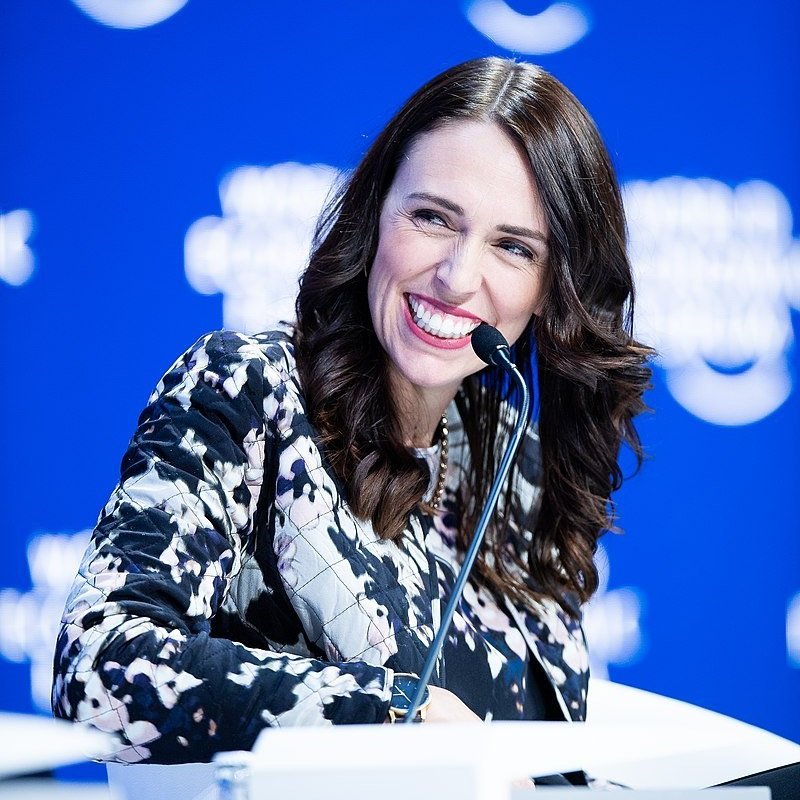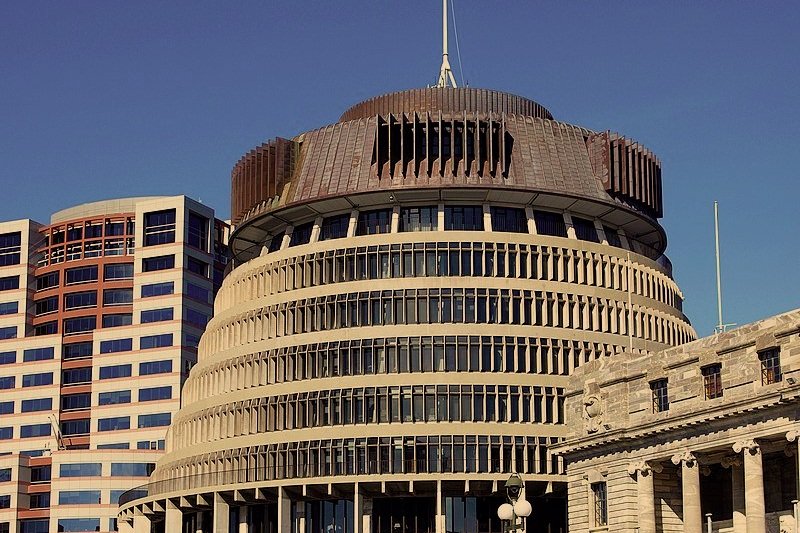Jacinda Ardern never wanted to be Labour leader but she brought a better brand of leadership
Originally published in The Australian January 20, 2023
In the end, Jacinda Ardern’s departure was as surprising as her arrival.
Although some will now claim otherwise, yesterday’s announcement caught almost everyone off guard.
Media turned up to the 1pm press conference expecting that the date of the general election was about to be called, a practice started by former Prime Minister Sir John Key and continued by Ardern.
But the Prime Minister was about to drop a political bombshell. She was leaving, on her own terms, after giving it her all. Over the summer she had concluded that she didn’t have ‘enough in the tank’ for another term, and that her young family had already sacrificed too much.
This same, remarkable self-insight that lead her to this decision is also what made her so reluctant to become New Zealand Labour leader in the first place back in 2017.
As Labour’s Party Secretary at the time, I was there.
Even as Labour’s polling dropped into the low twenties under former leader Andrew Little, Ardern – Little’s deputy – stayed loyal. Her position was made clear: under no circumstances were there to be any manoeuvres, white anting, or Morrison-style pats on the back.
An avid student of politics, perhaps Ardern had observed the Rudd-Gillard-Rudd-Abbott-Turnbull saga and concluded that securing the top job with blood on your hands doesn’t bode well for a long and prosperous reign.
But the real answer was simpler. She genuinely questioned whether she wanted to be leader, and potentially Prime Minister, with all the personal and family toll involved. In doing so she confirmed she possessed a rare trait in a politician.
She’s human. Normal. Or at least, not mildly sociopathic. It’s this humility, self-awareness, and empathy that was the starter dough of her future success and international status as a progressive icon.
Not that we knew that at the time.
After the Labour caucus elected her leader that day in August 2017, a few close advisers filed out of the party room and into the poky little Opposition Deputy Leader’s office on the third floor of parliament buildings.
With a press conference scheduled in 45 minutes’ time, everyone started talking at once, offering advice on what she should say.
Jacinda interrupted the din and suggested that she outline her own thoughts. What followed was an extraordinary lesson in communications that left the room silent.
The subsequent press conference was such a master class that media trainers and university lecturers still show it to their students today.
It became obvious quickly that something magic was about to happen, that New Zealand had not seen a political leader anything like this before.
As Prime Minister she wasted no time tackling child poverty, working on a new housing policy and starting the long road to consensus on New Zealand’s climate change response.
As a self-confessed policy wonk, working on these knotty issues is exactly what she came to politics to do.
And she would have been very happy to keep it that way, hoping to be remembered as a Prime Minister who worked hard to make positive progressive change.
It is a sweet irony that the very things that brought her universal acclaim and international celebrity status were things that she would not have wanted to deal with.
The March 2019 Christchurch shootings, where a terrorist killed 50 people was so shocking it was more than just a serious political test for a leader, but a defining moment in our nation’s history.
Her response was extraordinary.
While leaders abroad saw such moments as opportunities to demonstrate their manliness, Ardern rewrote the playbook and proved that you can be both genuinely empathetic and strong.
Her leadership and compassion brought comfort to those families affected and healing to a country in collective shock.
Within days her Government banned semi-automatic weapons and later established the Christchurch Call with French President Emmanuel Macron, a project to eliminate violent extremist content online.
Her crisis management skills were called for again just nine months later when the Whakaari-White Island volcano erupted in December. 22 people including 13 Australians lost their lives and a further 25 people suffered a range of horrific injuries.
And then at the end of February 2020 came the big one.
New Zealand’s first confirmed case of Covid-19 arrived the same afternoon that Jacinda Ardern was at Kirribilli House meeting with Scott Morrison.
Within two weeks New Zealand’s borders were closed and by the end of March, the whole country was in one of the harshest (and most effective) lockdowns in the world.
Her leadership, reassurance and clear communication during Covid-19 won the country over and saw her re-elected in landslide result that October.
Not only that. The policy worked. New Zealand has one of the smallest Covid-19 deaths per capita rates in the world. And while Omicron was just too infectious to beat, the country defeated earlier variants, meaning that for several months the country boasted no Covid-19 at all in the community.
But lurking behind all this was a political version of Newton’s law of motion. The equal and opposite reaction arrived in February 2022 with ugly protests on Parliament’s lawn that dragged on and culminated in riotous scenes on parliament grounds.
Suddenly the Prime Minister was being harassed at events by anti-vaxxers, those opposed to any form of Covid-mandate, QAnon conspiracy theorists, and worse. And just as the country was emerging from the Covid crisis, a serious economic downturn began to unfold.
The cost of living, including the soaring cost of groceries, petrol and mortgages all took their toll on the Labour Government and Ardern’s polling in the latter half of last year.
However, this year’s general election was by no means forgone conclusion.
In announcing her departure at the start of an election year, Ardern follows in the footsteps of Sir John Key who threw in the towel after eight years in office.
But Ardern’s legacy will endure longer.
Historians will surely look back at this extraordinary and turbulent time in New Zealand history and write about a Prime Minister who may not have got every call right, but who brought a new brand of leadership, kindness and empathy to our politics and inspired a generation of young people.
My eight year old daughter was just three when Ardern came to power.
Talking to her yesterday about the resignation, she asked if “boys” were allowed to be Prime Minister.
Not a bad legacy to leave.


